













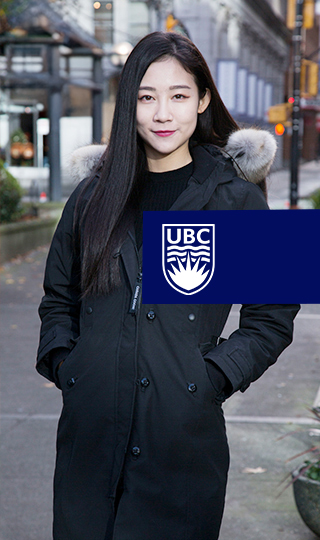
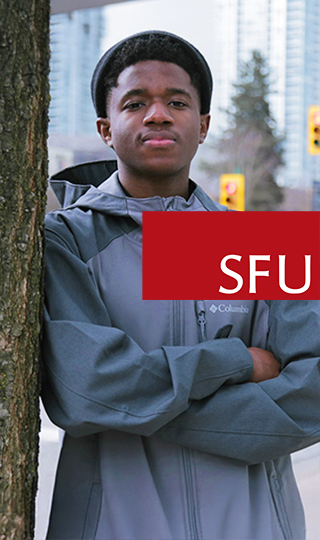
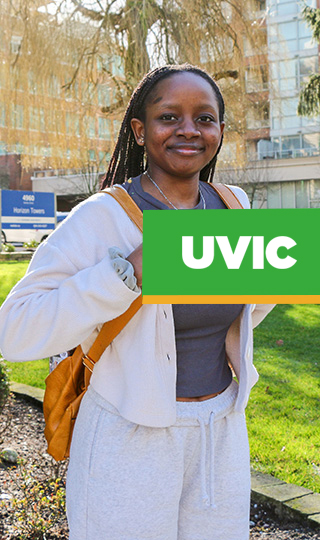
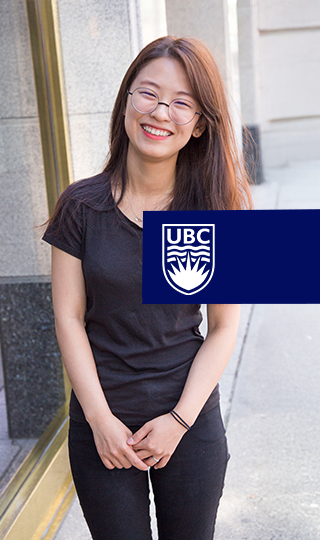
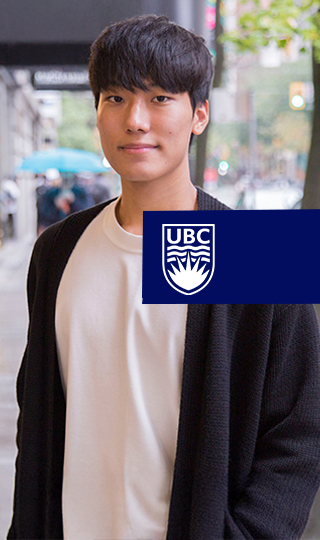
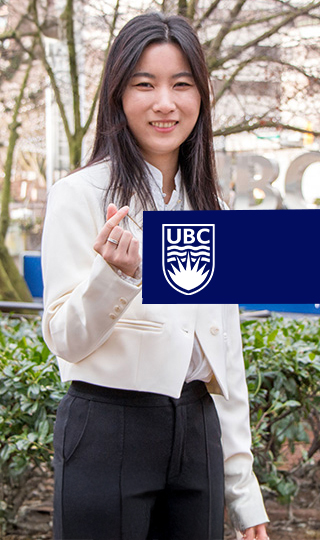
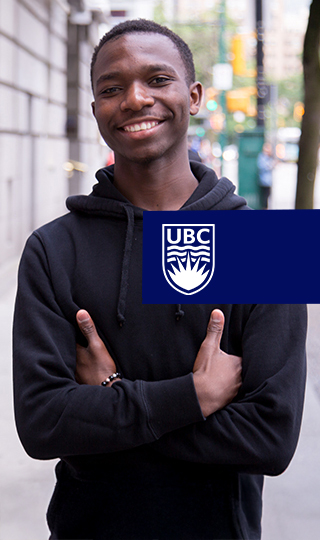
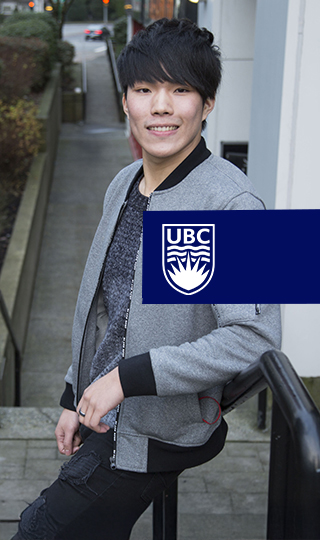
Over 80% of Alexander College University Transfer students choose to complete additional credits, despite being eligible to transfer after earning 24 credits. High school grades are no longer considered for UT admission after completing over 24 credits with us.
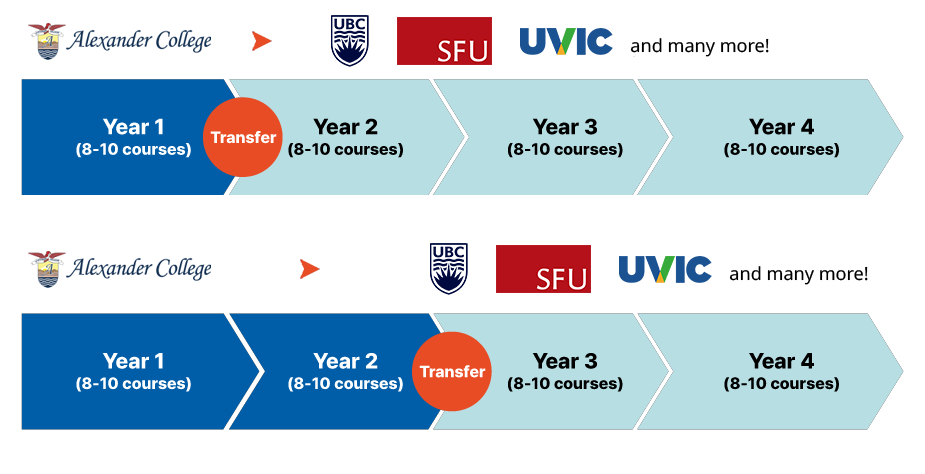
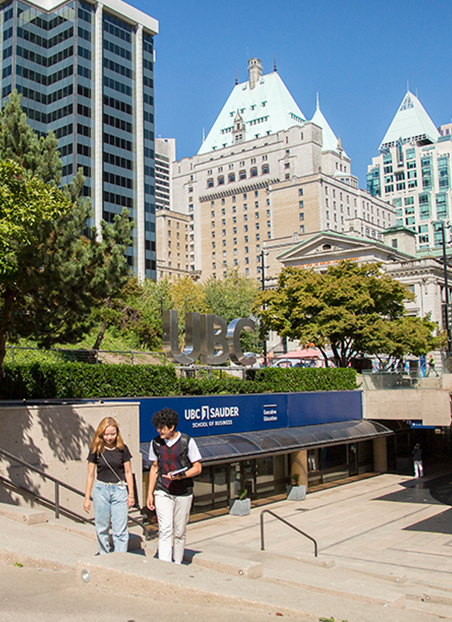


Students receive priority course registration, ensuring access to transferable courses aligned with their personal transfer plans—all while learning alongside like-minded peers.

Every student is matched with a dedicated Academic Advisor who provides ongoing, holistic support. Regular meetings are expected to keep your academic and transfer plan on track and ensure course transferability.

Students are enrolled in fully credited university-level courses designed to maximize transferability to Bachelor’s degree programs at public universities like UBC, SFU, UVIC and many more.

Our Writing and Learning Centre offers free one-on-one tutoring across a wide range of subject areas, helping students thrive in their studies and build strong academic foundations.
Your requirements will depend on the university of your choice, the program you are interested in, and your current level of education. Typically, in order to be considered a transfer student, you will need a minimum of 24 transferable credits (some programs require more) and you must satisfy the university’s English Language Requirement.
An Academic Advisor can assist you with determining the requirements for the specific university and program you are interested in.
An Associate Degree is a two-year academic program that requires a student to complete 60 credits (approximately 20 courses) in order to graduate.
The coursework offered in a variety of subject areas but focuses on courses in Arts, Science, or Business. The program has no specialization or major.
A Bachelor’s Degree is a four-year academic program that requires a student to complete 120 credits. In addition to a focus on Arts, Science, or Business, students choose their specialization within it.
The examples of specializations include such subject areas as History, Psychology, Chemistry, Computer Science, and many more.
Some universities in British Columbia accept all 60 credits from an Associate Degree (provided that the student graduated from the program). This, however, may not guarantee that a student will only need to finish 60 more credits to get their Bachelor’s Degree.
There may be some first- and second-year courses that are required for a Bachelor’s degree and were not offered in the Associate Degree program. In this case, the total number of credits the student will end up completing will be more than 120.
At the same time, this depends on the university and the major to which the student is transferring. Please make an appointment with an Academic Advisor to find out the specifics of university transfer after completing an Associate Degree.
The BC Transfer Guide lists only the courses that transfer between colleges and universities located within the Province of British Columbia (including Athabasca University and Yukon College). If you want to apply to a university outside of BC, you will need to apply to the university first and submit your official transcripts.
You can apply for transfer credit if you are accepted. The university will review your transcript and let you know what credits they accept.
If you want to apply to a university outside of Canada, you will need to apply to the university first and submit your official transcripts. If you are accepted, then you can apply for transfer credit.
The university will review your transcript and let you know what credits they accept. The university may request additional information about the courses you completed.
When transferring to a university, you will need to submit transcripts from that other college and from Alexander College for the university will assess both transcripts. There is no need to transfer the courses from your first college to Alexander College.
This is only required if you are getting a degree from Alexander College and not transferring to a university.
Alexander College acknowledges that the land on which we usually gather is the traditional, ancestral and unceded territory of the Coast Salish peoples, including the territories of the xʷməθkwəy̓əm (Musqueam), Skwxwú7mesh (Squamish), and Səl̓ílwətaʔ/Selilwitulh (Tsleil-Waututh) Nations. We are grateful to have the opportunity to work in this territory.
Alexander College acknowledges that the land on which we usually gather is the traditional, ancestral and unceded territory of the Coast Salish peoples, including the territories of the xʷməθkwəy̓əm (Musqueam), Skwxwú7mesh (Squamish), and Səl̓ílwətaʔ/Selilwitulh (Tsleil-Waututh) Nations. We are grateful to have the opportunity to work in this territory.